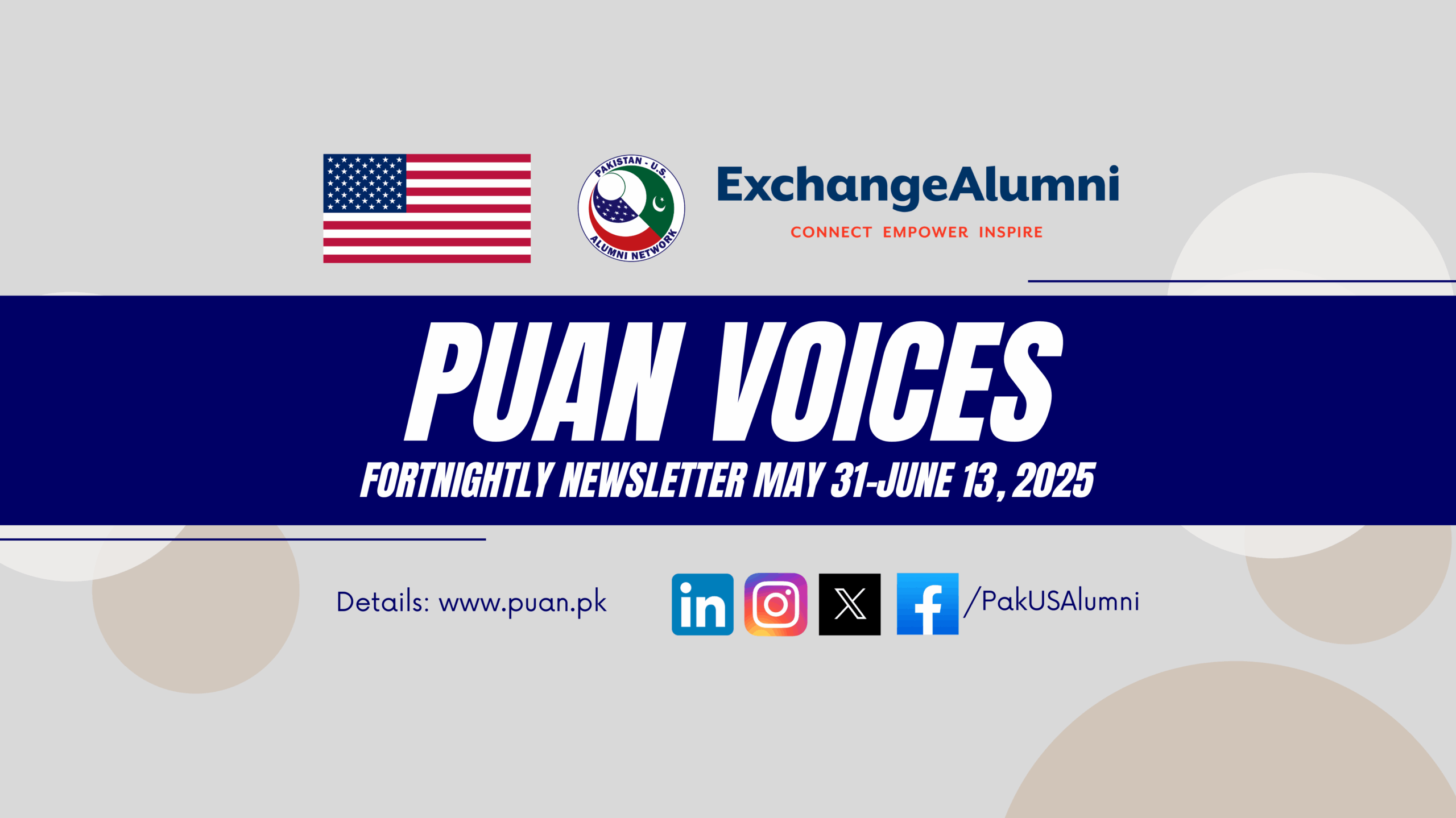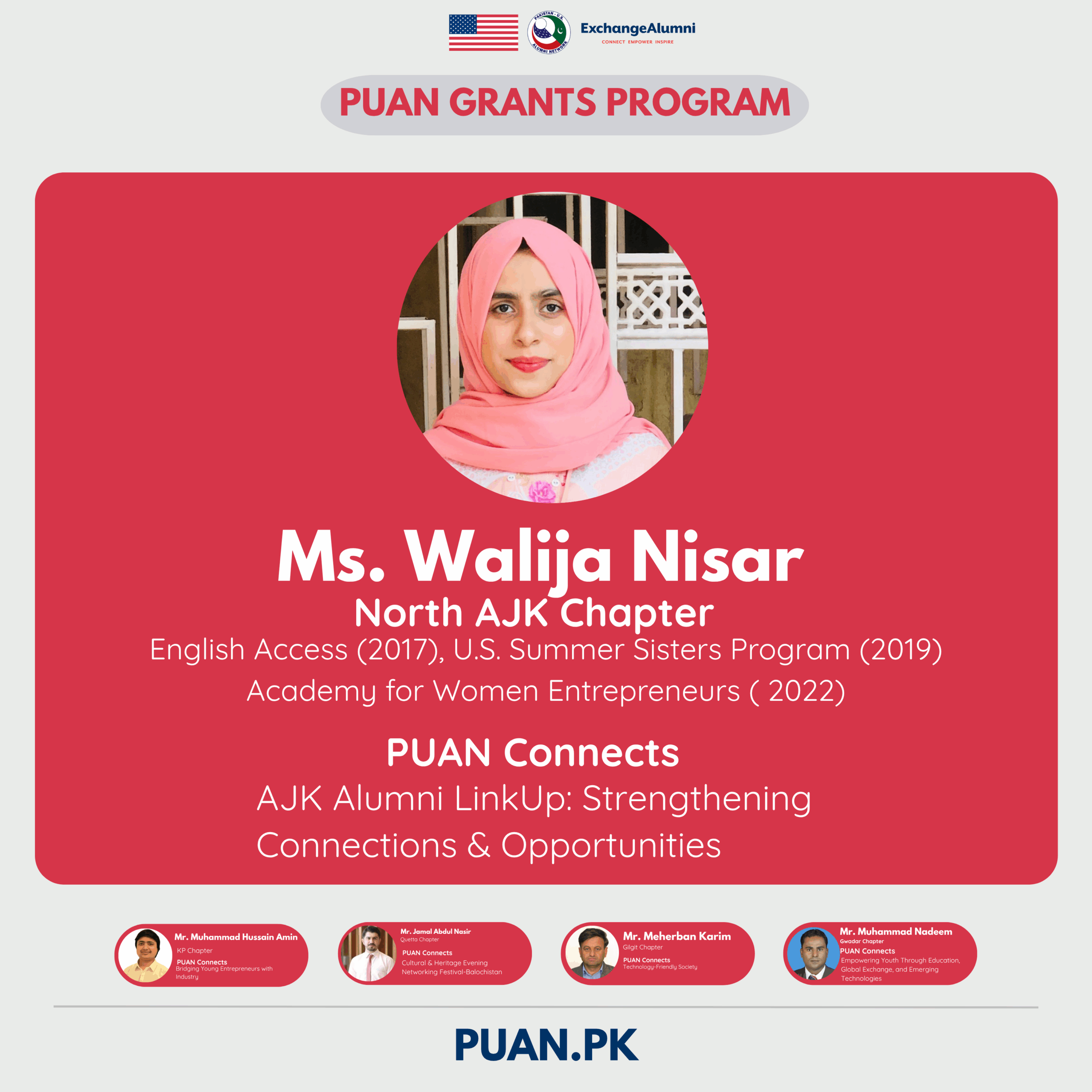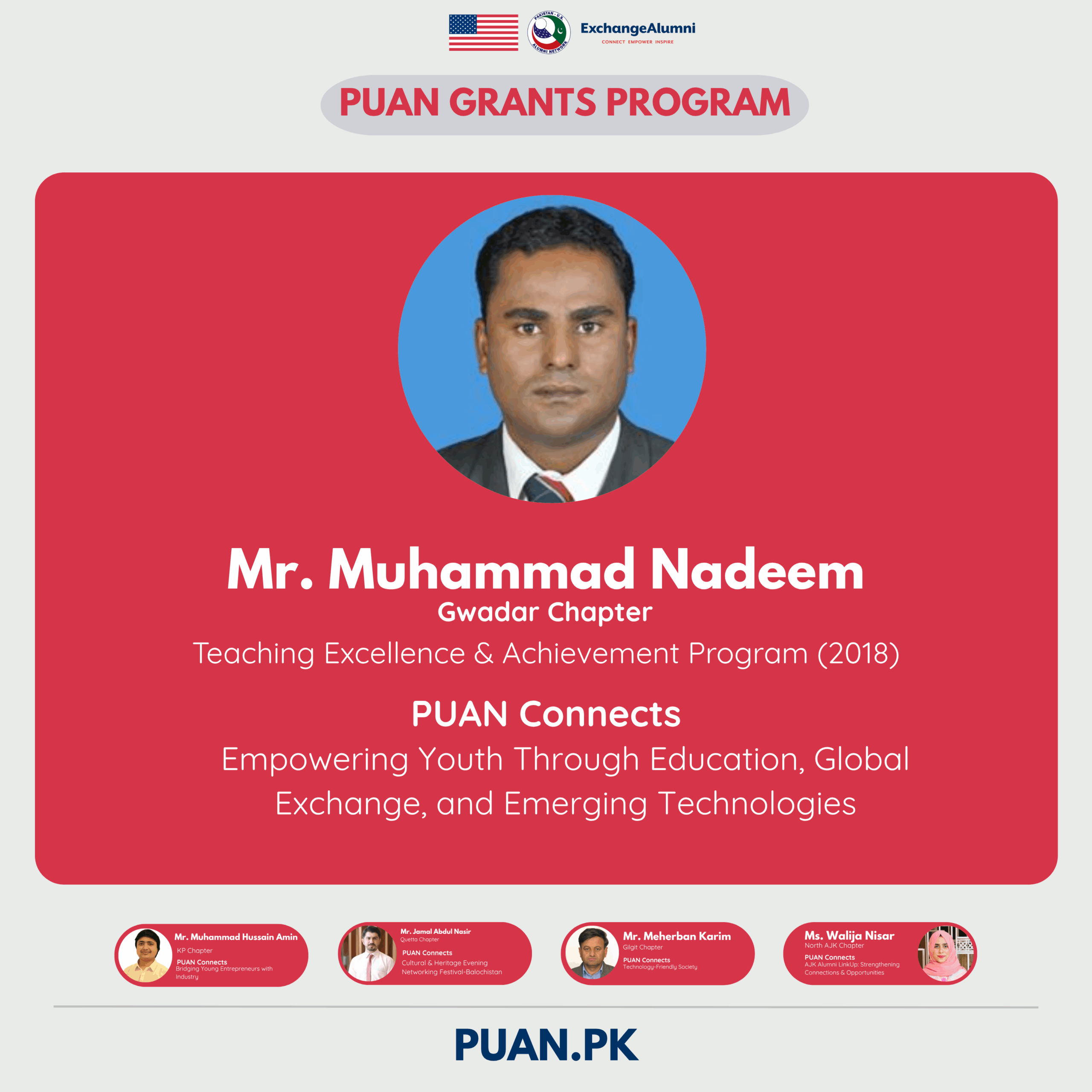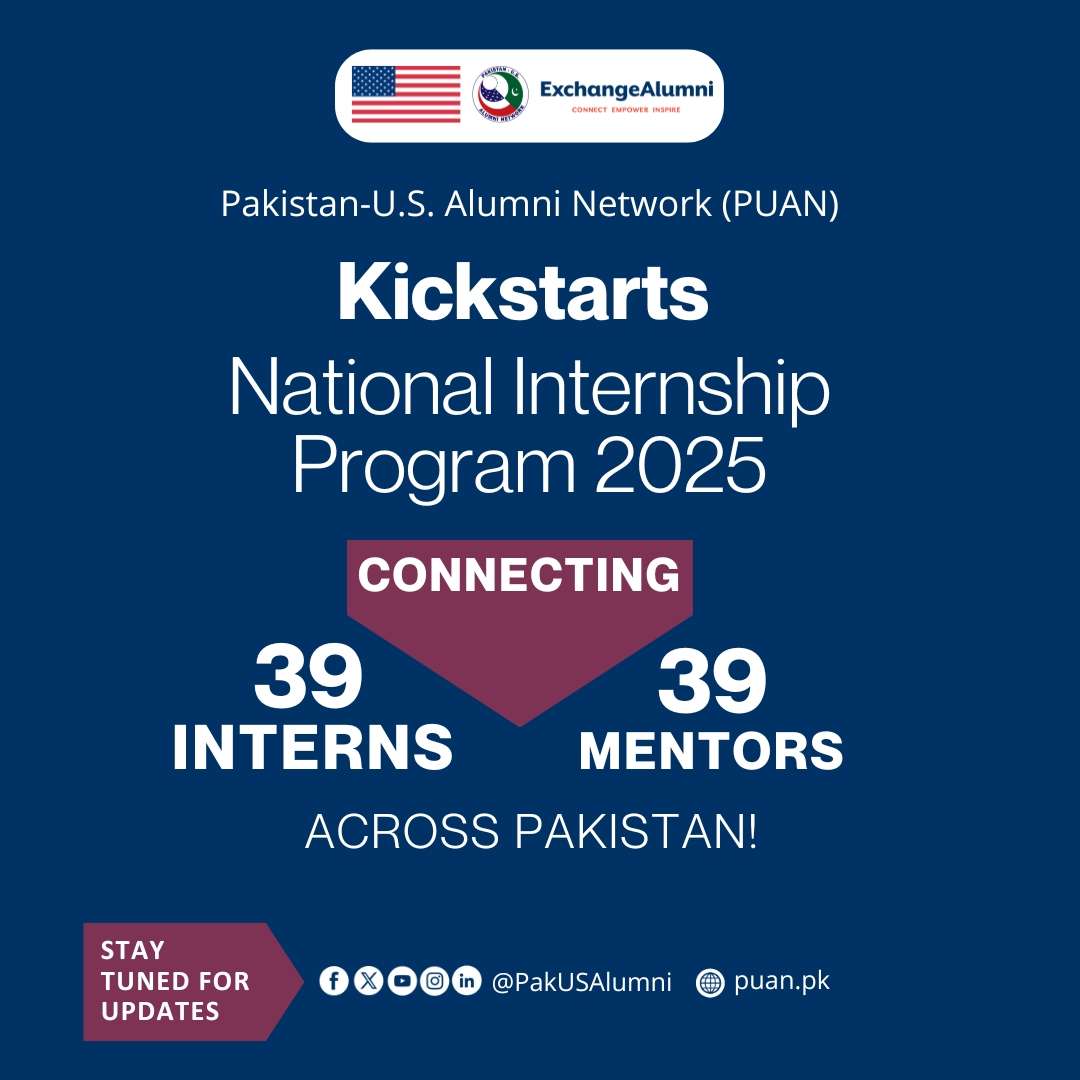By Rimsha Ali Shah
With her signature polka dots and quirky wit, Gogi, known to everyone as an emblem of the modern, educated, and deeply sensitized Pakistani Muslim woman, has been on a mission to raise awareness and propel change since the 1970’s. We sat down to talk to the creator of this inspired comic sensation, Ms. Nigar Nazar, the Chief Executive Officer of Gogi Studios and the first female cartoonist of Pakistan and the Muslim world. She has the prestige of attending two Fulbright programs: Fulbright Student Program at the University of Oregon in 2002 and Fulbright Visiting Specialist Program at Colorado College in 2009.
She deems her experience as a Fulbrighter as a journey that was deeply inspiring. “I had a chance to interact with such a diverse cross-section of society! I met people from high school, university, government, the air force, and the Church, and their empathy was touching. One thing is certain: [bctt tweet=”Humor is very special, and it has no boundaries @nigarnazar” username=”PakUSAlumni”].”
During her Fulbright experiences, Nazar attended a marathon drawing course, won a bid to design illustrated guides to CV Writing, held her book signing event, published the “Garbage Monster”, produced a 17-page comic compilation with young illustrators from her workshop sessions, learned how to make puppets, travelled to Eugene, Seattle, Chicago, Colorado, and held a session with air force cadets.
Nazar has authored and illustrated 27 books for children. She was also nominated by BBC for “100 Global Women Who Made a Difference in 2014”. She is the founding member of the Asian Youth Association for Animators and Cartoonists. The Cartoonists Rights Network named her first among the most innovative users of cartoons. Nazar is also the recipient of the Mohtarma Fatima Jinnah Award from the Government of Pakistan and the Booker UNESCO prize in 1997, for her work at an orphanage in Kyrgyzstan.

For Nazar, the Fulbright grant represents an opportunity to connect with local communities and share the learning. “During my Visiting Specialist program, my professor Karen advertised a summer workshop that I was going to conduct. I was not sure of the response, but elated, when 17 students signed up!” of them illustrated a one-page comic on a theme of their choice.
“The 17-page comic book showcased the essence of diversity, humor, art, and empathy,” she says.
“I used to love cycling when I was in the U.S.”, she recalls as she shares her experience of working on the university’s illustrated manual on “CV Writing.” “I read in the newsletter that they were looking for an artist to illustrate the guide, and I thought to myself, let’s give it a shot. Each day, I would get on my bike and head over to the department. Of course, Gogi stayed with me throughout the process.” After her return to Pakistan, Nazar was asked to work on a second illustrated manual for the university, this time, on “Interviews and Job Hunting.”

We asked her what was the most challenging experience she had during her Fulbright experiences, and she mentions the session she conducted with the air force cadets. “I walked into the auditorium and before me were men and women in complete discipline – with squared shoulders and expressionless faces – and at that moment I wondered to myself, ‘how would I ever connect with them?’. But then I started my session by sharing the story of my favorite cartoon and everyone broke into a smile.”
A strong believer in the power of humor as a tool for behavioral change, Nazar has worked on countless comics she terms as “Cartoons for a Cause”. She has produced comics on health, hygiene, first-aid, women rights, education, safety, and disaster management. One such comic she worked on during her Fulbright was the Garbage Monster. “Two of the students, Reese and Michelle, worked with me on this project to increase sensitivity towards our deteriorating ecological system. We wanted to highlight the environmental degradation from a humorous perspective. The comic, also produced in Urdu, was later published by the Ministry of Environment.”
One key learning experience during her Fulbright was mastering the art of making puppets. “I especially went from Eugene to meet a professional puppeteer and learned how to make puppets,” she says. This further helped her diversify the outreach of her comics and no longer restricted her to the print medium. Nazar, as progressive as her character Gogi, transitioned her work through multiple mediums – from newspapers and posters to books, buses, hospitals, puppet shows, music, and now animation.
For Nazar, a simple, grounded story is her source of inspiration. “J.K. Rowling inspires me! The story of the Wimpy Kid is brilliant.[bctt tweet=” I love a story that is touching and forms a connection with you @nigarnazar” username=”PakUSAlumni”].” She has strived to embed this approach in her comics to extend support to the affected communities of earthquake victims, refugees, victims of terrorism, women, and children. Through the support of a Pakistan-U.S. Alumni Network grant in 2015, Nazar recorded a special song for survivors of the dreadful Army Public School attack. She says, “I try to spread smiles and hope through my work.”

Nazar hopes, that in the future, cartoonists in Pakistan can have a voice. Her message for everyone is, “Cartooning is a unique tool to propel change and create awareness.”
She is currently working on starting her workshops on “Cartooning” at WeCreate Pakistan, for aspiring female cartoonists. For more information, click here.





